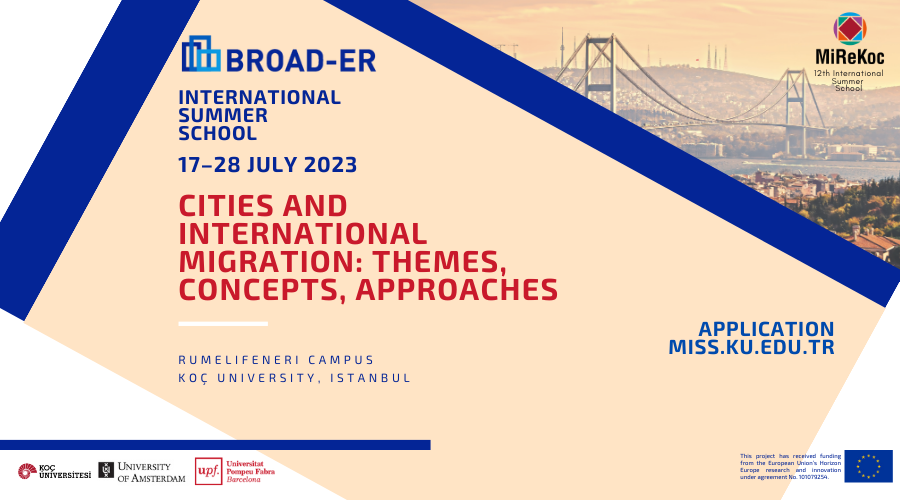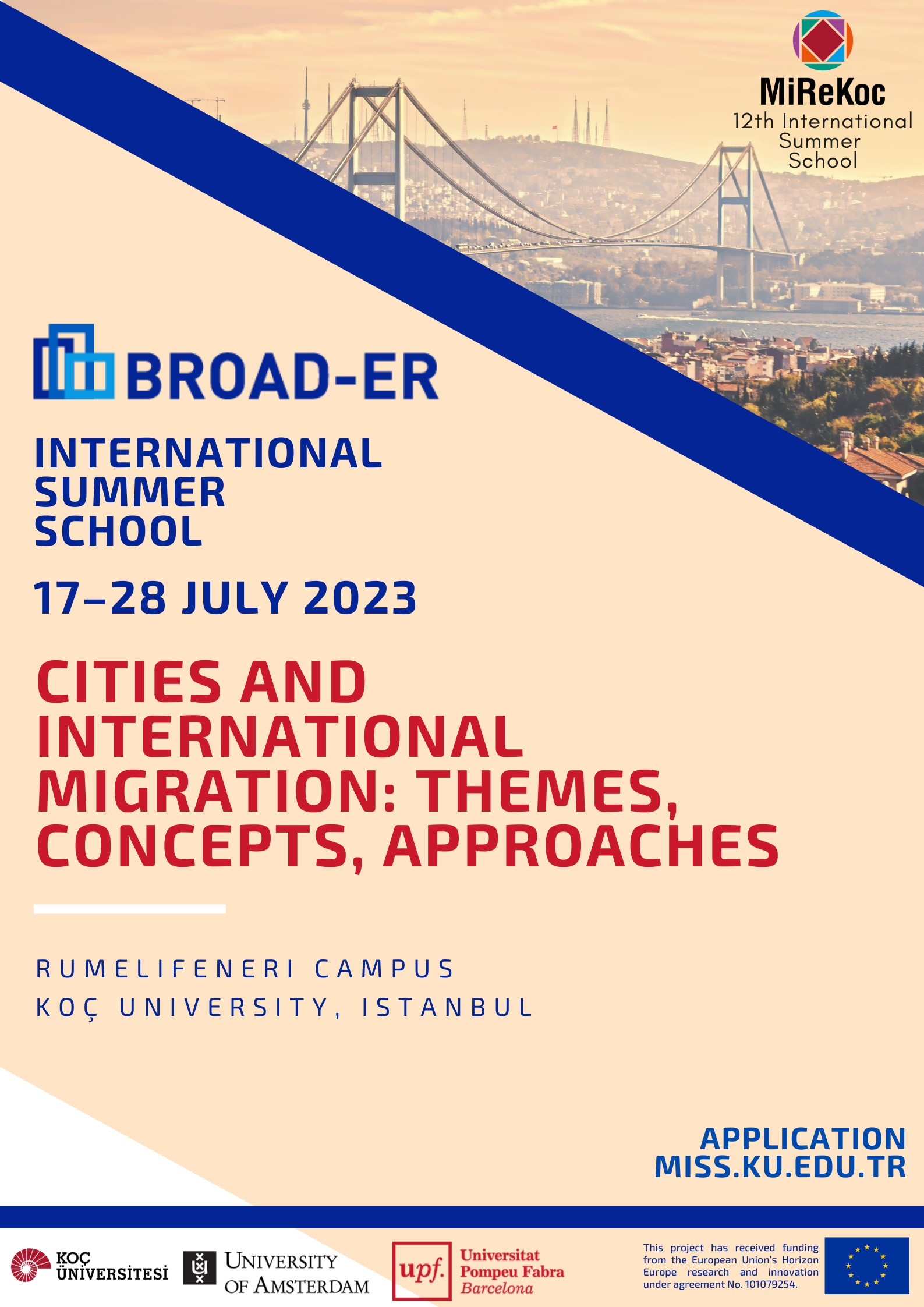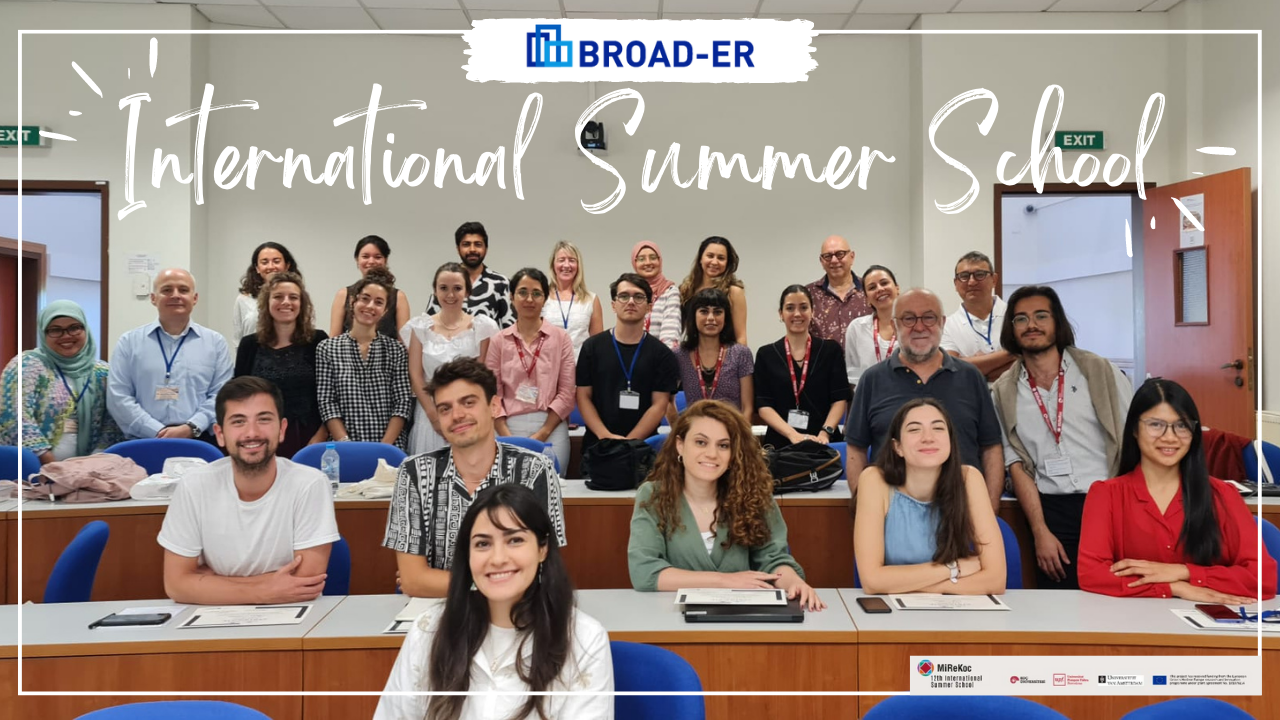While most migration-related areas remain stubbornly governed at national levels, cities increasingly appear as actors in the governance of migration through autonomy-building, city diplomacy, and governance by and through urban actors. A proliferation of scientific work on the role of cities in the governance of migration can be seen since the 2015 ‘migration crisis’, despite this dynamic dating back to the 1980s. Central governments increasingly outsource responsibilities tied to migration and integration to lower scales, pushing cities to claim more power in how migration is governed. The nexus between the dynamics of urbanization and migration, hence, raises significant research and policy questions for various areas (housing, labor markets, etc.) at different scales.
Migration and urban research have produced rich scholarship in their respective disciplines. However, that scholarship often remains tied to one of the two disciplines with little work successfully bridging both fields of research. It is thus necessary to move towards an interdisciplinary framework that enables a better theorization of the migration-urbanization nexus.
The EU-funded Twinning Project BROAD-ER aims for strategic networking and collaboration in the themes of internationalization of cities, their autonomy-building processes, and the detachment of local actors from formal governance. Thus, the BROAD-ER International Summer School 2023 addresses, amongst other themes, local governance of migration, Do-it-yourself migration policies, and city diplomacy.
Subtopics
The framework of the Summer School will include following subtopics:
- Bridging urban and migration governance research
- Building bridges across cities: migration and city diplomacy
- Local governance of migration: autonomy-building of cities
- Do-it-yourself urban migration governance
- Cities and diversity policies
- Beyond the national: the role of local actor constellations in governing migration in cities
- Public representation of migrants, inequalities, and discrimination at the level of the city
- Global challenges at the intersection of migration and urban governance
- New immigrant destinations: challenges and opportunities beyond the metropolis
- Multiple crises in urban area
Format
The main objective of BROAD-ER Summer School is to encourage collective experience for early career scholars and professionals to work in the field of international urban migration. The programme includes two weeks of lectures, lab sessions and discussion sessions which will be led by distinguished international faculty members and experts in the field. The participants will have the chance of sharing their research agendas and ideas with these scholars in an interactive environment. The language of the Summer School is English. A certificate will be provided upon successful completion of the program. Additional requirements including an academic presentation and the submission of an original research paper of at least 7.000 words, will be imposed on those participants who are seeking course credits (3 ECTS).
The format of the Summer School will include:
- Daily lectures with academics and professionals in relation to the subtopics
- Plenary sessions with key note speakers
- Discussion sessions for participants to present their own research projects
- Individual and group work assignments
- Diversity, Equity and Inclusion Training
- Field trip
The findings of the international school highlighted a significant shift in the governance of migration, wherein cities have emerged as influential actors. Despite the historical trend of migration-related matters being predominantly governed at the national level, cities have gained prominence in migration governance due to factors such as autonomy-building, city diplomacy, and the delegation of migration-related responsibilities by central governments. This trend has been particularly noticeable since the 2015 'migration crisis,' although the dynamic itself dates back to the 1980s. The interplay between urbanization and migration dynamics has raised important research and policy questions, impacting various domains such as housing and labor markets across different scales.







